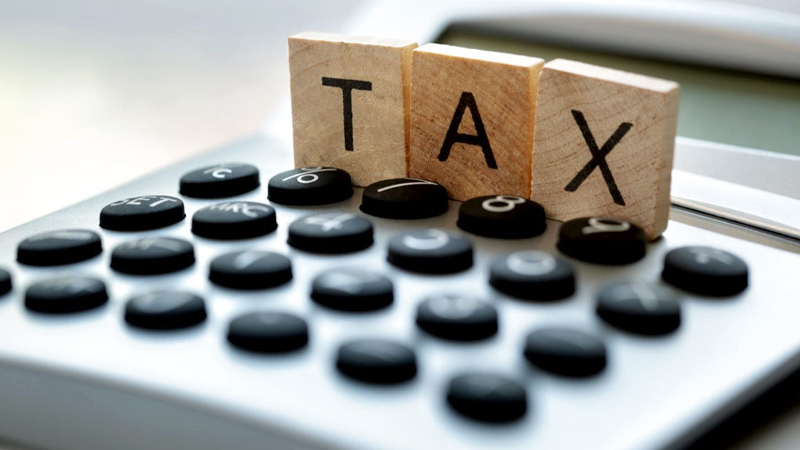In a discreet move, the government has expanded the traders’ tax scheme to include shops located in residential areas, a decision made amidst uncertainties surrounding the approval of the $7 billion International Monetary Fund (IMF) programme. This expansion targets small shops that were previously exempt from the fixed income tax, ranging from Rs100 to Rs60,000 per month, according to government sources. The inclusion of these shops, measuring up to 100 square feet, addresses IMF concerns about the narrow base of the scheme, but the government has deliberately kept this decision under wraps due to pressure from traders and the Jamaat-e-Islami.
The revisions were made through the Tajir Dost Special Procedure notification, which partially amends the exclusion clause that exempted small shops in residential areas from the tax. However, the government has opted not to publicly release the updated notification, likely to avoid backlash from affected stakeholders.
A senior official from the Federal Board of Revenue (FBR) confirmed that the changes will be disclosed at a politically strategic moment. Meanwhile, FBR spokesperson Bakhtiar Muhammad has not commented on the matter.
The traders’ scheme, launched last month, aims to raise Rs50 billion in the fiscal year 2024-25. However, initial exclusions, such as the 100-square-foot residential shops and the Rs100 tax on 50-square-foot commercial area shops, have hindered progress. To date, only 62 traders have registered under the scheme, contributing a mere Rs115,000, far short of the ambitious target.
This cautious approach by the government reflects a weakening political resolve to enforce critical economic measures, particularly as the approval of the IMF programme remains uncertain. Finance ministry sources indicate efforts are ongoing to ensure the IMF executive board meeting takes place before the end of August, as previously stated by Finance Minister Muhammad Aurangzeb. However, no official confirmation has been provided, and both the IMF and the finance ministry remain silent on the issue.
Pakistan’s external financing gap, exacerbated by China’s delay in rolling over maturing foreign commercial loans, remains a significant obstacle. Although the finance minister recently announced that bilateral creditors have agreed to roll over $12 billion in cash deposits, the central bank governor highlighted the need for an additional $4.4 billion loan rollover from China. These financial challenges are compounded by Punjab’s unilateral decisions, including a Rs14 per unit electricity subsidy and a Rs700 billion rooftop solar panel distribution, which conflict with the structural reforms outlined in the IMF programme.
As the government navigates these complexities, a nationwide shutter-down strike, called by the Central Organisation of Traders and All Pakistan Anjuman-e-Tajiran, looms on August 28, adding further pressure on the administration. This strike underscores the ongoing resistance from traders, who have historically evaded the tax net, and highlights the challenges the government faces in implementing the new tax regime effectively.
